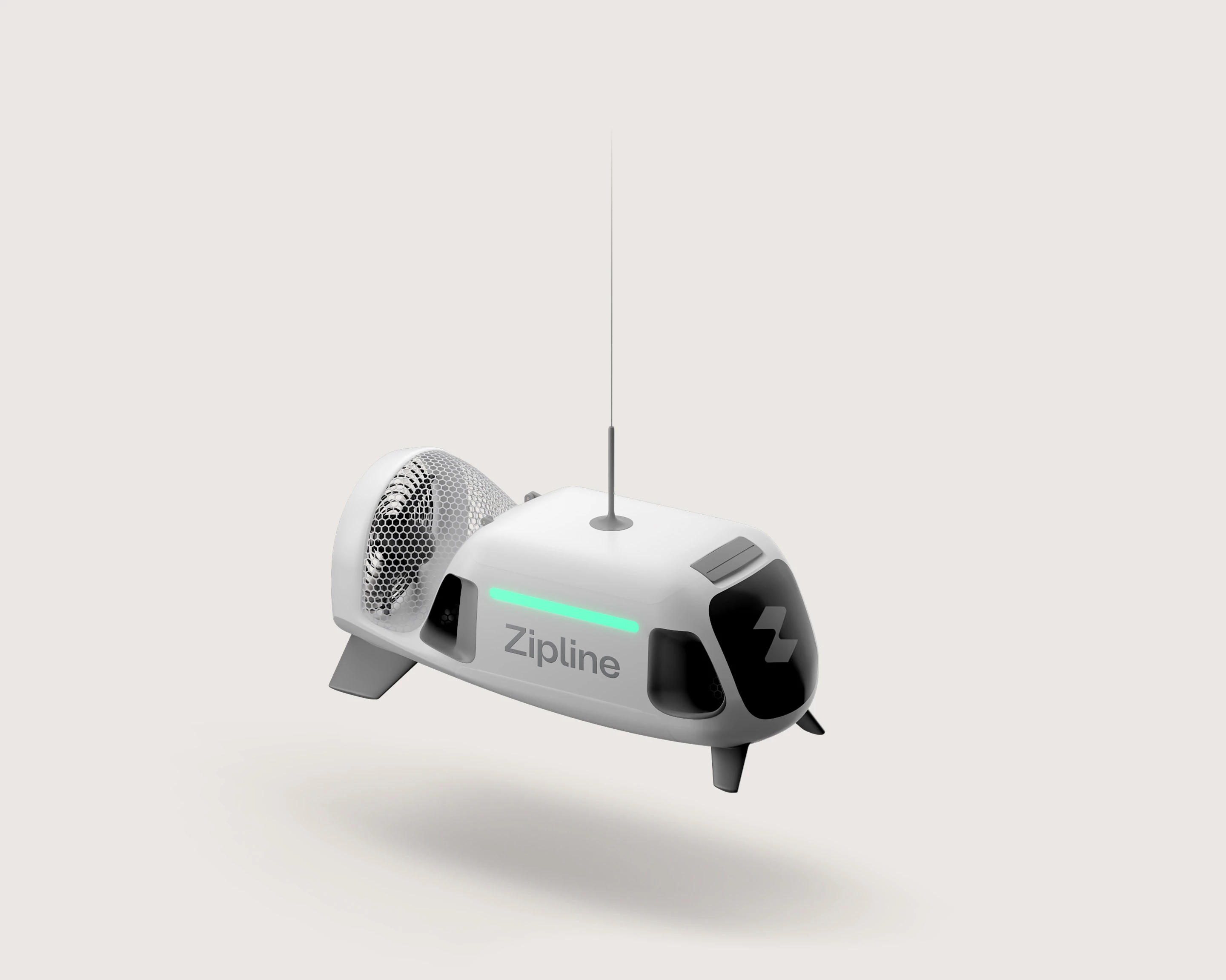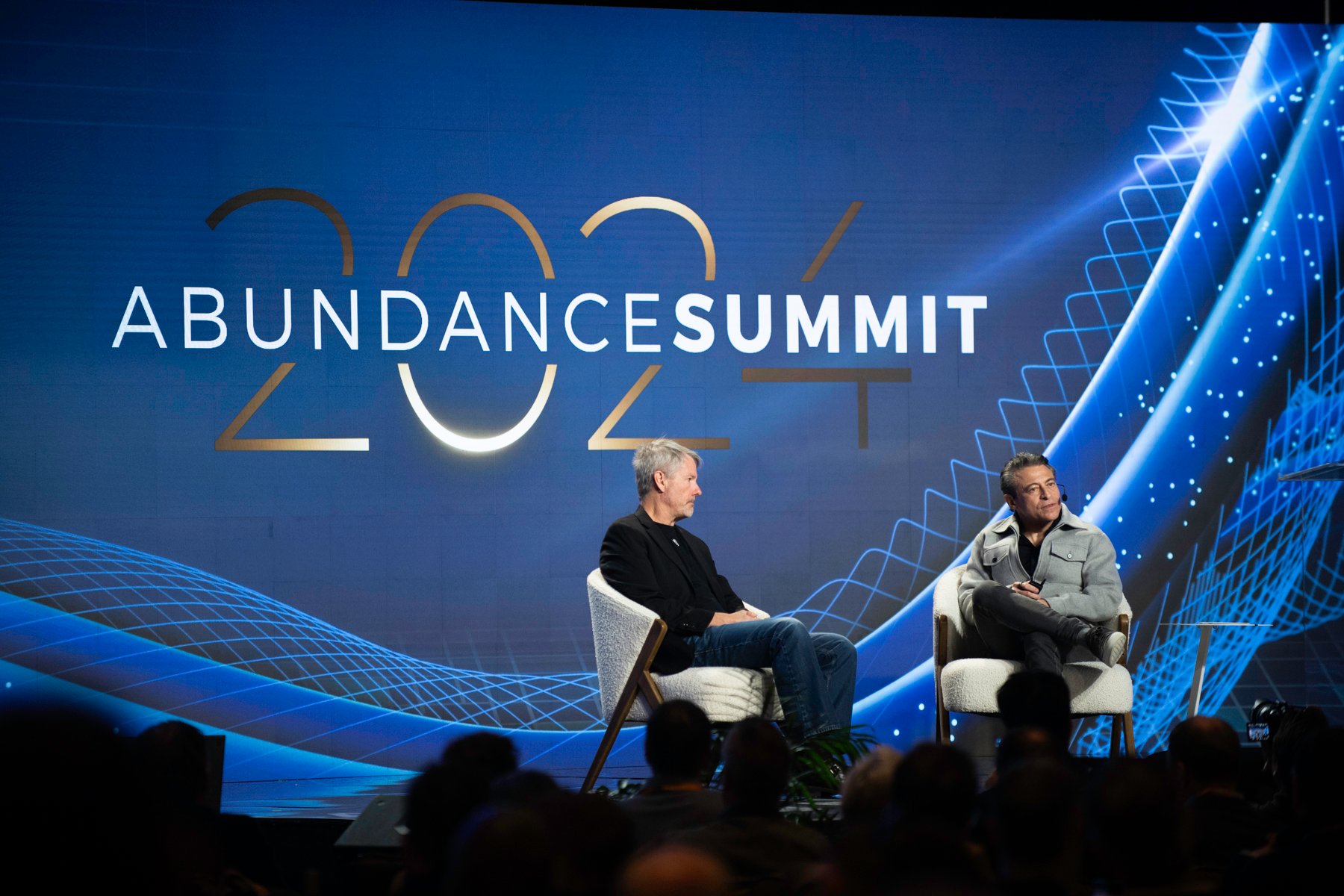
Have you ordered something via “drone delivery” yet?
Just like FedEx and Amazon pioneered overnight delivery, and Domino’s invented “30 minutes or less,” Zipline and Alphabet’s Wing are birthing an “on-demand” drone-delivery economy.
Over the next two blogs in this series, we’ll discuss how commercial drones and delivery robots are transforming how we get the goods and products we want.
Let’s dive in…
Drone Delivery is Here
Instant deliveries of your online orders to your home via drone are already happening.
Global consulting firm McKinsey estimates that between 2018 – 2021, there were over 660,000 commercial drone deliveries to customers—and that number more than doubled to roughly 1.5 million deliveries via drone in 2022 alone. Several reports suggest that the commercial drone market could soar from roughly $8 billion in 2022 to over $47 billion by 2029.
November 2016 marked an important moment in the commercial drone delivery market. It’s when drone delivery pizza became a reality. Domino’s teamed up with its drone delivery partner Flirtey to drop off a pizza order at a customer’s door in Whangaparaoa, New Zealand, 25km north of Auckland.
Since then, over 100 companies offering drone delivery services have delivered everything from medical supplies and vaccines to electronics and toothpaste to customers’ homes.
Let’s look at a few of the leading drone delivery companies…
Zipline: Over 1 million deliveries!

San Francisco-based startup Zipline designs, builds, and operates drones that are serving over 4,700 hospitals like the Cleveland Clinic and major brands such as Walmart and GNC.
Zipline's innovative approach has attracted more than $500 million in investments from top-tier firms like Sequoia Capital, a16z, and Google Ventures.
In April 2024, Zipline celebrated a remarkable milestone: its 1 millionth delivery.
The historic package, containing IV fluid, flew from a Zipline distribution center in Ghana to a local health facility.
To date, the company's zero-emission, autonomous drones have traversed over 70 million commercial autonomous miles across four continents, delivering more than 10 million products.
Zipline's groundbreaking P2 delivery system is a game-changer. The main drone, called “Zip,” lowers a nimble droid on a tether, which orients itself mid-air to navigate even the trickiest delivery spots.
The droid operates like a drive-thru system, docking on a sled, collecting orders, and venturing back out to be whisked away by the waiting Zip. With an 8-pound payload capacity and a 24-mile range, these drones deliver orders within just 10 minutes. Their community-centric design allows them to land and recharge at any dock in the network, extending their range effortlessly.
As Zipline expands, exciting partnerships await, including Panera Bread in Seattle, Memorial Hermann Health System in Houston, and Jet's Pizza in Detroit.
As Zipline CEO Keller Rinaudo Cliffton recently told CNBC, the company focuses on three main markets: health care, quick commerce, and food. With 70% of deliveries occurring in the past two years, Zipline aims to achieve 1 million deliveries per day.
Rinaudo Cliffton emphasizes the transformative potential of Zipline's technology, stating:
"We need to start using vehicles that are light, fast, autonomous and zero-emission … Delivering in this way is 10 times as fast, it's less expensive … and relative to the traditional delivery apps that most restaurants will be working with, we triple the service radius, which means you actually [get] 10 times the number of customers who are reachable via instant delivery."
Alphabet’s Wing: 1,000 Deliveries Per Day

Alphabet's innovative drone delivery subsidiary, Wing, has made an astonishing 350,000 deliveries as of early 2024, solidifying its position as a leader in the industry.
Wing's forte lies in the Australian market, where customers have been enjoying package deliveries in record times, some as quick as just 15 minutes. However, the company has also expanded its operations to Finland, Virginia, and Texas, showcasing its global reach and adaptability.
In March 2023, Wing introduced a game-changing "autoloader" system, which was deployed later that year. This innovative setup consists of a Y-shaped stand that fits comfortably in a parking space. Retailers simply hang a delivery box on two hooks and can continue with their tasks without waiting for the drone's arrival. The drone autonomously grabs the package by lowering its yellow hook to the autoloader.
This seamless integration marks a significant transformation in drone delivery, as Wing envisions a vast network of interconnected delivery and charging hubs, enabling drones to navigate destinations autonomously with minimal human intervention.
In January 2024, Wing unveiled its lineup of larger drones delivering up to 5 pounds without compromising range, boasting a 12-mile round trip capability while maintaining speeds of up to 65 mph.
As Wing CEO Adam Woodworth stated, "It's always been our vision to implement a multi-modal drone delivery model."
Wing's partnerships have also been making headlines. Recently, DoorDash announced a collaboration with Wing to initiate drone delivery of Wendy's burgers and fries in Christiansburg, Virginia, where Wing launched its U.S. commercialization efforts in 2019. This pilot program allows select local customers to order eligible items from a Wendy's location in the city through the DoorDash marketplace and have them delivered via drone.
Why This Matters
The rapid evolution and implementation of commercial delivery drones have far-reaching implications for our society and economy.
As companies like Zipline and Wing continue to push the boundaries of what's possible, we are witnessing a paradigm shift in the way we consume goods and services.
The true “instant gratification” economy, enabled by these innovative technologies, promises to revolutionize the retail landscape, making geographic barriers virtually irrelevant.
Imagine a world where essential medicines, groceries, or even a hot meal from your favorite restaurant are just a few clicks away, delivered to your doorstep in a matter of minutes.
This level of convenience and accessibility has the potential to transform the lives of people in urban and rural areas alike, ensuring that no one is left behind by the limitations of traditional supply chains. Moreover, the decentralization of commerce through drone delivery services could provide a much-needed boost to local businesses, allowing them to reach a wider customer base and compete on a level playing field with larger corporations.
The future of delivery is autonomous, efficient, and incredibly fast.
Another technology making this possible is an army of autonomous ground delivery robots, the subject of our next blog in this series.
I have been using Viome for many years. I no longer feel tired, have brain fog, or experience any digestive issues.
Viome analyzed my body and told me what foods I should be eating or avoiding. Viome even custom-made Precision Supplements and probiotics/prebiotics for me that I take every day.
I was very impressed that their peer-reviewed research showed improvements in diabetes, weight loss, depression, IBS, anxiety, sleep, and energy, proving the effectiveness of their precision approach.
I discuss the latest developments in AI and other exponential tech on my podcast. Here’s a conversation I recently enjoyed:
A Statement From Peter:
My goal with this newsletter is to inspire leaders to play BIG. If that’s you, thank you for being here. If you know someone who can use this, please share it. Together, we can uplift humanity.
Topics: Abundance Entrepreneurship Abundance 360






